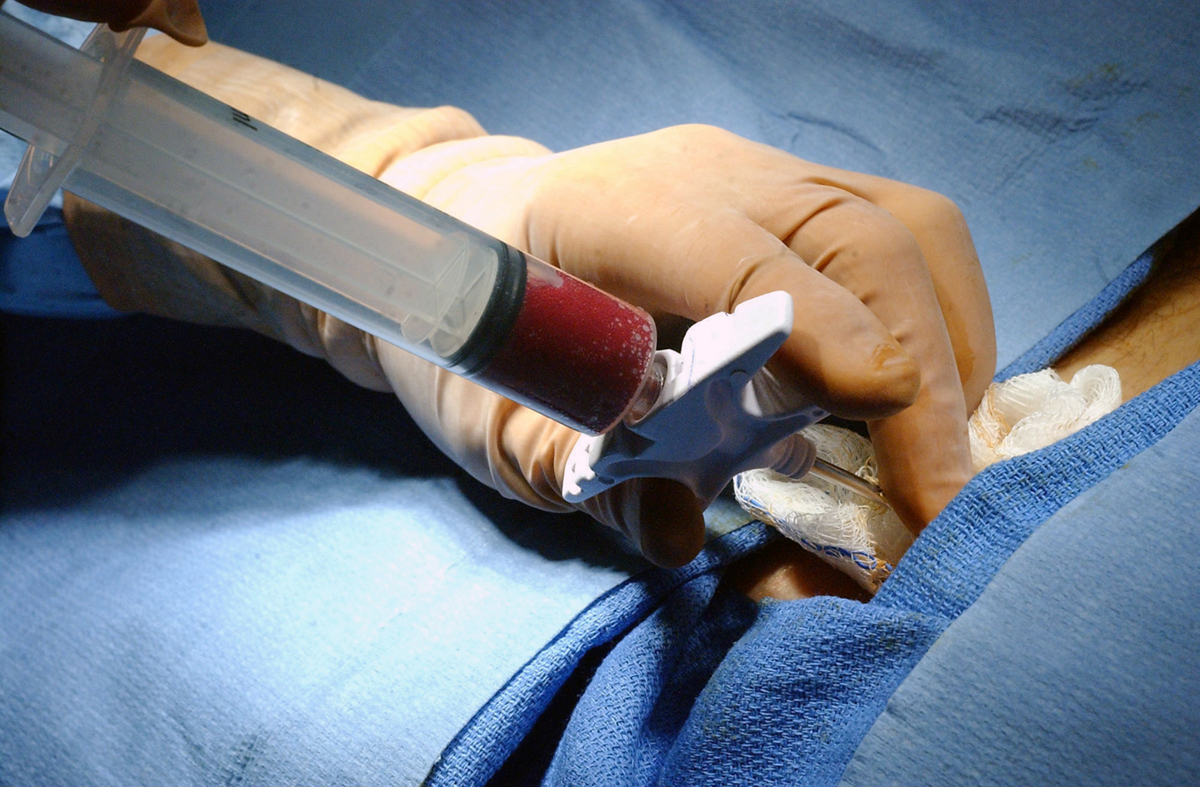
Introduction
Polycytemia vera is a blood disorder that features with increased production of red blood cells. The condition is primary related to the problem with red blood cells. However, the number of white blood cells as well as platelets may be increased too. Still all the symptoms and complications of the disease are actually caused by the increased number of red blood cells. The very disease develops gradually. In some cases it may be discovered accidentally during routine blood tests.
Symptoms
In the beginning of the disease there are no evident symptoms or signs of the disease. However, in time the patient starts to complain about exhaustion, headaches and vertigo. He/ she may suffer from problems with breathing such as shortness of breath. Breathing difficulties are most expressed in lying position. Pain in chest may occur as well. The skin becomes reddish and itchy all due to the excess of the red blood cells. Enlarged spleen leads to a feeling of fullness in the abdomen. Polycytemia vera is best treated if the diagnosis is set on time. There are different treatment modalities that are used in case of this blood disorder.
Possible Complications of Polycytemia Vera
Due to the increased number of red blood cells the patients are prone to blood clots. The blood is thicker and the blood flow is evidently reduced. Besides the reduction in blood flow and the increased number of red blood cells patients who are suffering from polycytemia vera also have increased number of platelets which is additional stimulus to increased coagulation. Blood clots in these patients can be a cause of the stroke, pulmonary embolism or heart attack. The blood clots are most commonly formed in deep veins of lower extremities.
The spleen is almost always enlarged in polycytemia vera. The problem is that enlarged spleen may lead to its rupture and fatal hemorrhage. Therefore in most of the patients with enlarged spleen this organ is surgically removed.
Skin problems reflect in red and itchy skin. The itchiness intensifies after a warm shower. Everything that increases the temperature of the skin leads to increased sensation of itchiness. Some patients can complain about prickling sensations in extremities. The redness of the skin is most obvious on the face, earlobes and on the palms.
Additional complications that can affect all the people suffering from polycytemia vera include ulcers of the esophagus, stomach or small intestines and gout. These people are also more susceptible to uric acid stone formation in the kidneys.
In rather rare cases this disease may result in additional conditions that affect the bone marrow such as myelofibrosis, myelodysplastic syndrome and even acute leukemia.


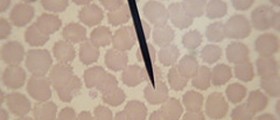
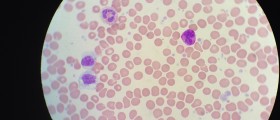
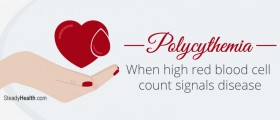
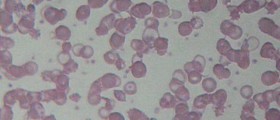
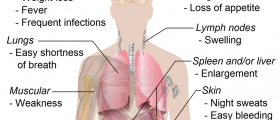
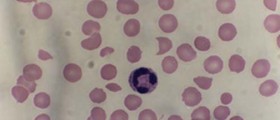
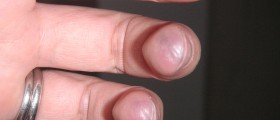
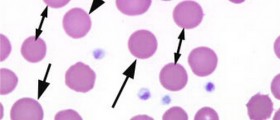






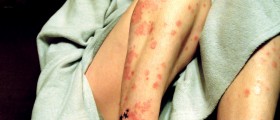
Your thoughts on this
Loading...